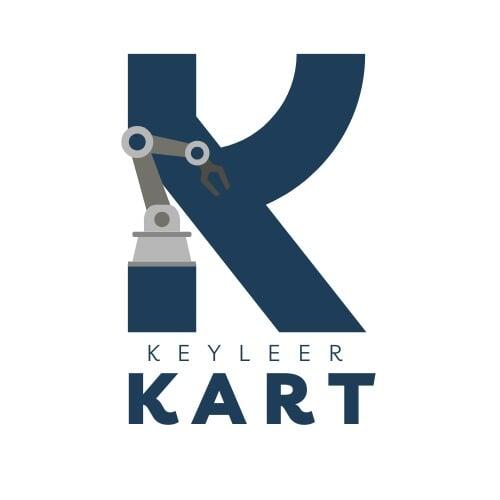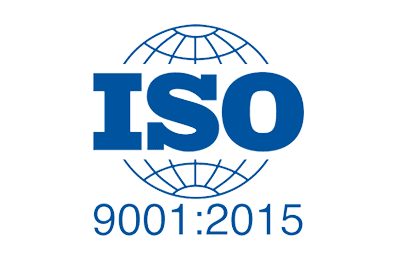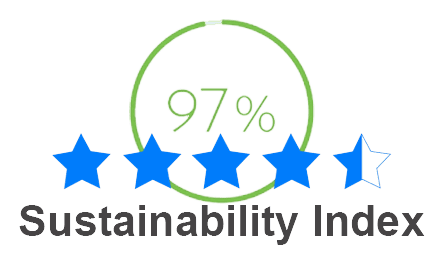1. Quality and Condition of the Machinery
Challenge:
One of the biggest concerns when buying used machinery is its quality and condition. Unlike new equipment, used machinery may have wear and tear, hidden defects, or outdated technology, which can affect its performance and lifespan.
Solution:
Inspect Thoroughly: Always request a detailed inspection report or conduct an on-site inspection if possible. Look for signs of rust, corrosion, or excessive wear.
Ask for Maintenance Records: A well-maintained machine will have a documented service history. This can give you insights into how the machine was cared for.
Work with Reputable Sellers: Purchase from trusted sellers who specialize in used machinery and have positive customer reviews. For example, platforms like MachineryZone and Euro Machinery are known for their reliable listings.
Hire an Expert: If you’re unsure, hire a third-party inspector to evaluate the machinery’s condition.
2. Hidden Costs
Challenge:
The initial price of used machinery may seem attractive, but hidden costs such as repairs, transportation, and customs duties can quickly add up.
Solution:
Request a Comprehensive Quote: Ask the seller for a breakdown of all costs, including shipping, taxes, and import duties.
Factor in Repair Costs: Set aside a budget for potential repairs or upgrades. According to a report by Statista, maintenance costs for used machinery can range from 10% to 20% of the purchase price annually.
Negotiate: Use the machine’s condition and potential repair needs as leverage to negotiate a better price.
3. Compatibility with Existing Systems
Challenge:
Used machinery may not always integrate seamlessly with your existing systems, leading to operational inefficiencies.
Solution:
Check Specifications: Ensure the machine’s specifications (e.g., voltage, dimensions, and software compatibility) align with your current setup.
Consult with Experts: Speak with your technical team or an industry expert to confirm compatibility.
Upgrade if Necessary: If the machine requires upgrades, factor these into your budget and timeline.
4. Legal and Regulatory Compliance
Challenge:
Importing used machinery often involves navigating complex legal and regulatory requirements, such as customs clearance, environmental regulations, and safety standards.
Solution:
Research Local Laws: Familiarize yourself with the import regulations in your country. For example, India has specific guidelines for importing used machinery, as outlined by the Directorate General of Foreign Trade (DGFT).
Work with a Customs Broker: A professional customs broker can help you navigate the paperwork and ensure compliance.
Check for Certifications: Ensure the machinery meets international standards, such as CE marking for European equipment.
5. Lack of Warranty or After-Sales Support
Challenge:
Unlike new machinery, used equipment often comes without a warranty or after-sales support, leaving buyers vulnerable to unexpected breakdowns.
Solution:
Ask for a Warranty: Some reputable sellers offer limited warranties on used machinery. Always inquire about this option.
Purchase from Authorized Dealers: Authorized dealers often provide better after-sales support compared to private sellers.
Establish a Maintenance Plan: Partner with a local service provider to ensure timely maintenance and repairs.
6. Transportation and Logistics
Challenge:
Transporting heavy machinery can be costly and complicated, especially when importing from overseas.
Solution:
Choose Experienced Freight Forwarders: Work with logistics companies that specialize in transporting heavy machinery. Companies like DHL and FedEx offer tailored solutions for industrial equipment.
Plan Ahead: Factor in shipping time and costs when making your purchase decision.
Insure the Shipment: Protect your investment by insuring the machinery during transit.
7. Market Volatility and Pricing
Challenge:
The used machinery market can be unpredictable, with prices fluctuating based on demand, availability, and economic conditions.
Solution:
Monitor Market Trends: Stay updated on market trends and pricing. Websites like Machinio provide real-time data on used machinery prices.
Be Patient: Wait for the right deal rather than rushing into a purchase.
Leverage Negotiation Skills: Use market data to negotiate a fair price.
8. Risk of Fraud
Challenge:
The used machinery market is not immune to fraud, with some sellers misrepresenting the condition or specifications of their equipment.
Solution:
Verify the Seller: Research the seller’s reputation and read customer reviews. Platforms like Alibaba and TradeIndia have verification systems in place.
Use Secure Payment Methods: Avoid making full payments upfront. Use escrow services or secure payment gateways to protect your funds.
Request Proof of Ownership: Ensure the seller has clear ownership of the machinery to avoid legal disputes.
Conclusion
Buying used machinery can be a smart investment, but it requires careful planning and due diligence. By understanding the common challenges and implementing the solutions outlined above, you can minimize risks and make informed decisions. Whether you’re purchasing a used CNC machine from Germany or sourcing other industrial equipment, working with reputable sellers and staying informed is key to a successful transaction.
At [Your Company Name], we specialize in providing high-quality used machinery from Germany, ensuring transparency, reliability, and customer satisfaction. Explore our inventory today and take the first step toward boosting your business’s productivity and profitability.





